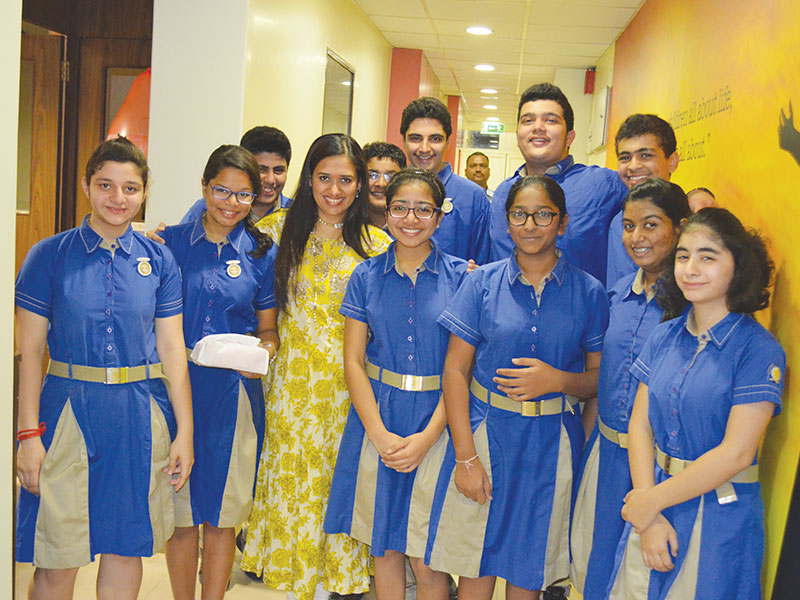To compile the 2020-21 league table of dedicated special needs schools, C fore field personnel interviewed 485 parents of children with disabilities and special needs educators in six cities. They were asked to rate dedicated schools on ten parameters of education excellence According to Unesco’s State of the Education Report for India 2019 — Children with Disabilites — India grudgingly hosts 7.8 million children with disability — a gross under-estimate. The Mumbai-based Adapt (formerly Spastics Society of India) estimates the number of children with special needs (CWSN) at 20 million. Be that as it may, informed opinion is unanimous that the country’s large number of CWSN have been chronically short-changed by the education system. This despite educators consistently unanimous that with minimal additional facilities and attention, special needs children can be transformed into highly educated and productive citizens. A prime example of an individual with disability who was nurtured and enabled to transform into a distinguished theoretical physicist, cosmologist, author and professor of mathematics at Cambridge University (UK) is Dr. Stephen Hawking (1942-2018). Dr. Hawking was enabled by UK’s supportive education ecosystem to make huge contributions to advancement of theoretical physics and space science. Unfortunately, although post-independence India has also produced distinguished scholars and scientists with severe disabilities, they have succeeded despite unsupportive environments, not because of them. However, the National Education Policy (NEP) 2020, proclaimed in end-July, acknowledges the Rights of Persons with Disabilities Act, 2016, and its provisions for inclusive education. It endorses non-discrimination in schools, accessible infrastructure, reasonable accommodation, individualised support, use of Braille and Indian Sign language in teaching. The policy document mandates recruitment of special educators with cross-disability training and incorporates disabilities awareness within teacher education. en advocating inclusive education and enabling environments for CWSN ab initio. For instance, way back in 2011, special needs education was selected as one of 14 parameters for rating and ranking India’s Top 1,000 schools in the pioneer annual EducationWorld India School Rankings (EWISR). “Schools that don’t provide enabling facilities for CWSN are penalised in EWISR,” says Premchand Palety, promoter-CEO of Centre for Forecasting & Research Pvt. Ltd (C fore) which conducts field surveys to provide the perceptual data for the annual EWISR which over the past decade, has evolved into the world’s most detailed and largest primary-secondary schools survey. Moreover since 2015, the country’s schools dedicated to educating severely challenged children have been ranked separately. To compile the 2020-21 league table of India’s Top 25 dedicated special needs schools, C fore field researchers interviewed 485 parents of CWSN and special needs educators in six cities. They were asked to rate and rank special schools on ten parameters of education excellence — teacher welfare and development, competence of faculty, quality of program, rehabilitation, co-curricular education, individual attention to students, leadership/management quality, safety and hygiene, infrastructure provision and value for money. This year, The Aditya Birla Integrated School, Mumbai (TABIS, estb.2014) promoted by philanthropist Neerja Birla, which was ranked #3 last year, has been voted the country’s #1 special needs…
India’s most respected special needs schools 2020-21
